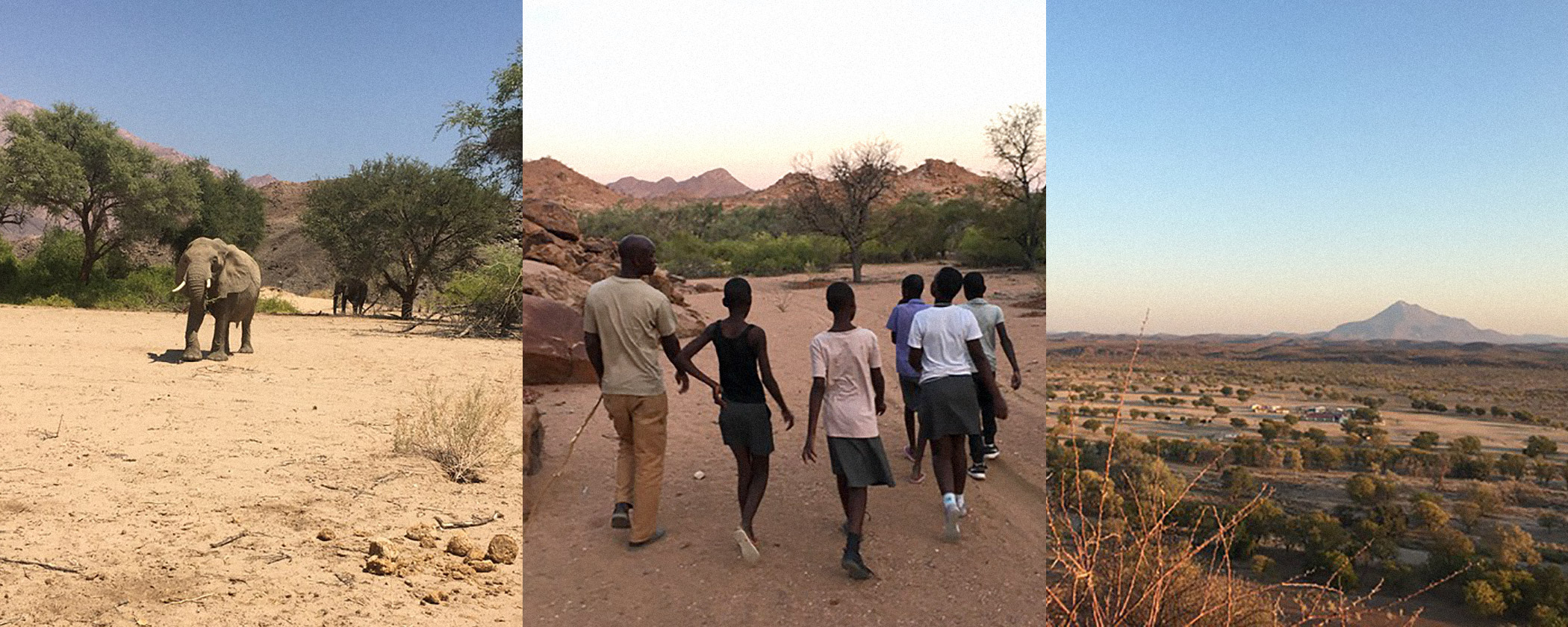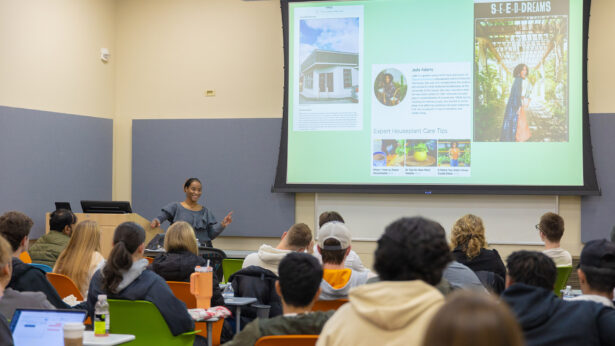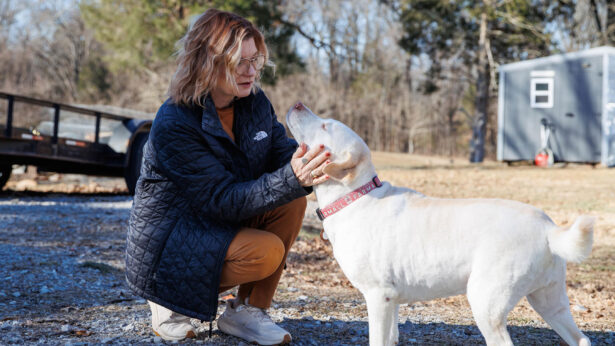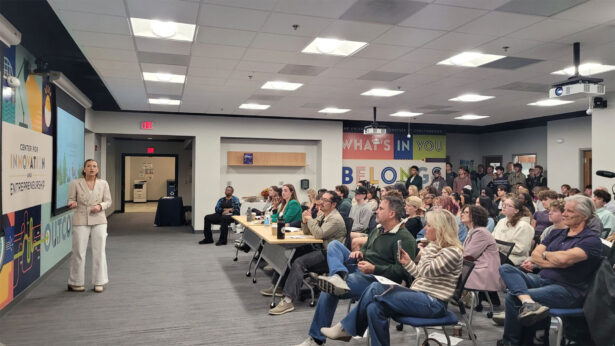By Alex Cleveland
In August 2018, I moved to Namibia, a country in Southern Africa, to begin a 27-month job with the Peace Corps. I was placed as a teacher at a primary school located in a rural community, which has about 200 people and where desert elephants frequently visit for water. I taught grades 5-7, with students between the ages 11-18. My main subjects were math and science, but I also taught PE.
I made several friends who were also Peace Corps volunteers that had been in Namibia for a year or more when I arrived. As they finished their own service and returned to the United States, they talked to me often about how difficult readjustment was. Moving back to the country you are from seems like it should be easy enough; however, it’s challenging for many when you have lived in a different culture for two years. You return to your “home” as a different person, and the people and places you left are different as well. This is all amplified when being unexpectedly told to leave a place you have come to consider as home, and you return to a country that has drastically changed.
Namibia quickly began to feel like home. Each morning I would wake up at 5:30 a.m., let my cat outside, do yoga and eat breakfast before walking over to the school for work. After a day of teaching and tutoring or running after school clubs, I would take a walk and talk to my neighbors before eating dinner and going to bed. Weekends were spent lesson planning and going to town for groceries. After about a month of living in Namibia, the two-hour drive to the store seemed normal, and not having running water all the time was just a regular part of my life. Things that at first seemed like they would be a challenge, quickly became part of my routine.
In February 2020, COVID-19 caused Peace Corps China to be evacuated, and the first cases appeared in South Africa. Peace Corp staff sent out weekly updates of the rapidly changing global situation, and assured us that Peace Corps Namibia was not going to evacuate any time soon. They had plans in place if an outbreak was to occur in Namibia and the last option was evacuation. On March 12, Namibia had its first two confirmed cases, tourists visiting from Europe, of COVID-19. Immediately Namibia restricted travel from Europe and the United States, and it caused worry in the volunteer community. We are not able to serve in a country where we cannot get back to the United States. That weekend brought news that Namibian schools were closing as a precaution. Then South Africa announced it would be restricting commercial travel the next week. South Africa is the main transit hub to Namibia.
The evening of March 15 we were told not to worry yet, that we were not at the point of evacuation. We woke up to an email from the Peace Corps director notifying us that all volunteers worldwide were being evacuated as soon as possible, something that had never happened in Peace Corps before. The global evacuation was due to increasing travel difficulties due to the virus. I was given 24 hours to decide what to bring home, pack, figure out if I could bring my cat back with me, and say goodbye to my students, colleagues, family and friends. I worked with other volunteers with pets to try to find flights to get them to the U.S., and we ultimately failed, and our pets are still in Namibia. After a week of flights being cancelled, Peace Corps chartered a plane for us. The plane was delayed as we had to wait for embassies to open airspaces then we stopped in Ghana to pick up the volunteers there. On March 23 we arrived back in the United States.
The uncertainty of our journey home may seem stressful, but Peace Corps volunteers are used to difficult travel (we can’t drive and depend on public transportation, which isn’t always on time), and adapting to quickly changing situations. Our Peace Corps Namibia staff did a phenomenal job making our departure as stress free as possible.
I had plans to be in Namibia for another eight months, and I was considering extending. Now, I’ve lost my job and was removed from my home to go back to my parents’ house during a time when getting a job is difficult. I went from living in a community of 200 people to living in a neighborhood with more than 200 houses. I miss my home, my friends, my cat, the heat and the beauty of Namibia. I don’t know when I will be able to go back or even if I could finish my service. I don’t know what my life will look like. I lost my healthcare, and my “income.” Peace Corps is doing the best they can to take care of us, covering certain medical appointments and paying us an evacuation allowance. I am lucky to be able to live with my parents, not all of us have that luxury.
When I joined Peace Corps my life completely changed. And now it has completely changed again, but this time unexpectedly. Like everyone around the world, I am facing extreme uncertainty. Every aspect of my life changed and I do not know when any of those things might go back to “normal,” or if they ever will.
Alex Cleveland is a 2018 UT Knoxville graduate. Since her return, she is living in Milwaukee, Wisconsin



